You must always be very careful when it comes to using propane. Whether you’re a homeowner needing a propane tank refill or a business requiring a commercial propane delivery, understanding the correct procedures for handling and transporting small propane cylinders is pretty necessary. This guide is here to provide you with the best practices so you can be safe and efficient with propane cylinders.
 Understanding Propane Cylinders
Understanding Propane Cylinders
Propane, commonly known as lpg gas, is stored in portable cylinders of different sizes. These small propane tanks are popular for their use in grilling, camping, and other fun activities. They might be very convenient, but improper handling and transportation can result in significant risks.
Safety Measures Before Handling Propane Cylinders
- Inspection: Before handling a propane cylinder, check for any signs of damage, such as dents, rust, or leaks. If you feel like there is a problem, do not use the tank and contact your propane supplier as soon as possible.
- Valve Protection: Always keep your valve closed when the tank is not in use. A valve that gets damaged can lead to gas leaks.
- Proper Attire: Wear gloves and eyewear to safeguard against any accidental gas release.
Steps for Safe Transportation
- Secure the Cylinder: When you are transporting a propane tank, keep it in the upright position and securely fastened in the vehicle. Laying it on its side can cause the liquid propane to shift and potentially escape through the safety valve.
- Ventilation: Transport propane cylinders in a well-ventilated area, like the back of a truck. If you must transport it inside a vehicle, keep the windows open for proper ventilation.
- Avoid Heat: Cover the propane cylinder from direct sunlight and heat sources when it is being transported. High temperatures can increase the pressure inside the tank, leading to potential hazards.
Proper Storage Techniques
- Storage: Store propane tanks outdoors on a flat surface. Never store them in an enclosed space.
- Distance from Flammables: Keep propane cylinders at least 10 feet away from anything flammable. This includes electrical appliances, open flames, and combustible materials.
- Regulated Temperature: Store the cylinders in a cool, shaded area to prevent the gas from expanding due to heat.
Refilling and Replacing Cylinders
When your propane tank runs low, you’ll need to either refill or replace it. Many local propane suppliers offer a propane tank refill service. You can search for “propane fill near me” or “home propane tank refill” to find options nearby.
- Refill Options: Refilling your propane cylinder is often cheaper than replacing it. Look for the “cheapest lpg gas near me” to find the best deals.
- Exchange: Many stores offer a cylinder exchange program where you can give away your empty tank and get a full one in return. This is convenient and ensures you always have a safe, inspected tank.
Delivery Options
For those who use propane regularly, getting cylinders delivered can save time and effort. Many companies offer “propane delivery near me” to fulfill residential and commercial needs.
- Home Delivery: If you use propane for home heating or cooking, consider signing up for a propane delivery service. This ensures you never run out of fuel and eliminates the need for frequent trips to the store.
- Commercial Delivery: Businesses such as restaurants and construction companies that rely on propane can benefit from regular “commercial propane delivery.” This service ensures a steady supply of propane gas to keep operations running smoothly.
Finding a Reliable Propane Supplier
When searching for a propane supplier, you will need to consider factors such as price, delivery options, and customer service. Always choose a supplier with a good track record and transparent pricing.
Conclusion
Handling and transporting small propane cylinders requires careful attention to safety and proper procedures. By following these guidelines, you can ensure that your propane usage is safe and efficient. Stay informed, stay safe, and enjoy the benefits of using propane.

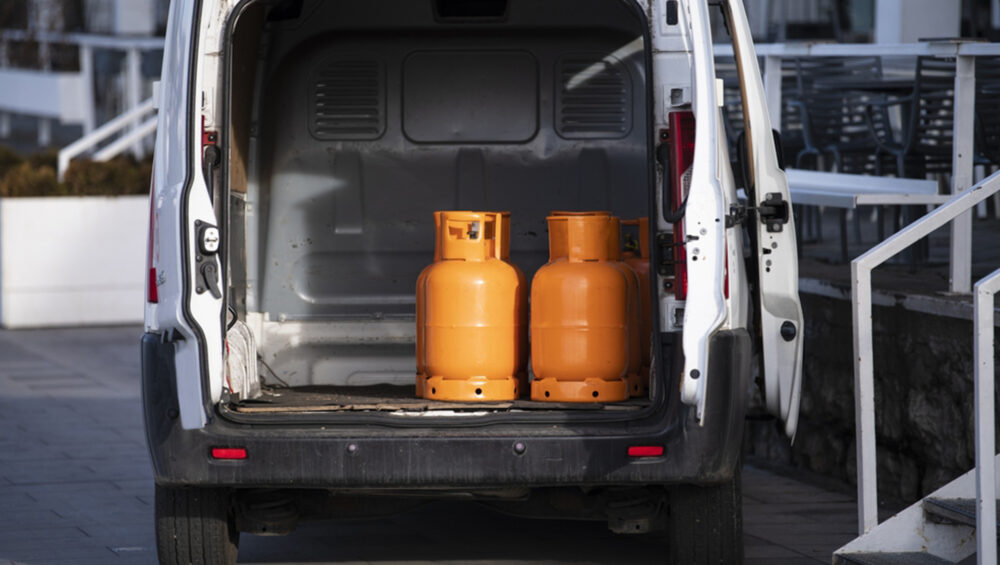
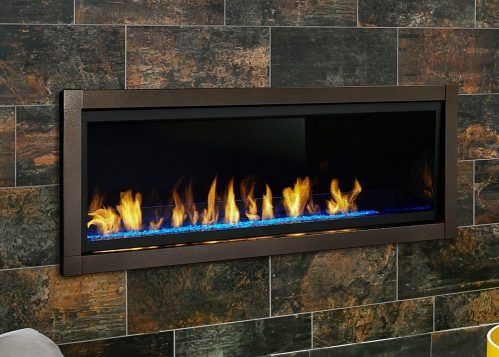

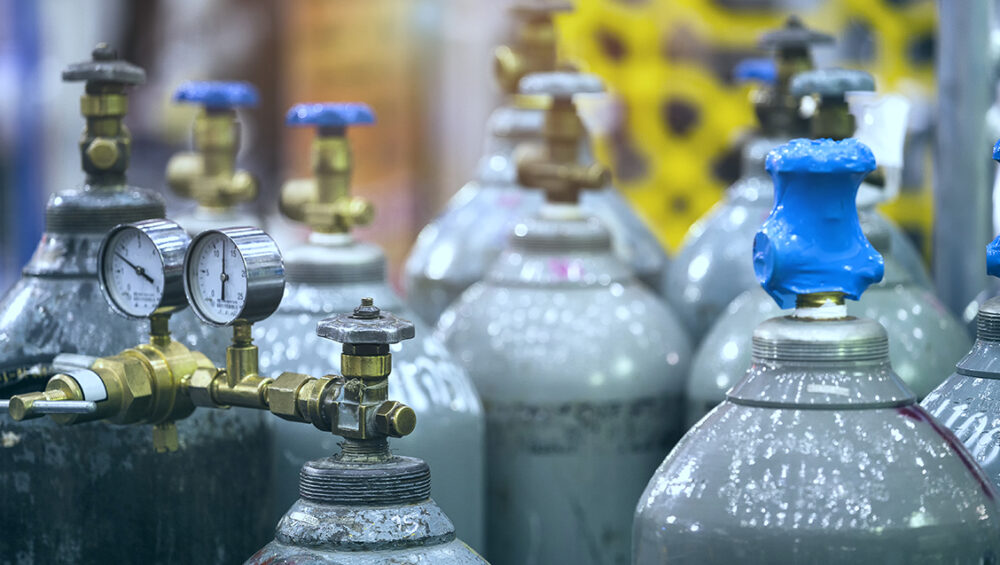

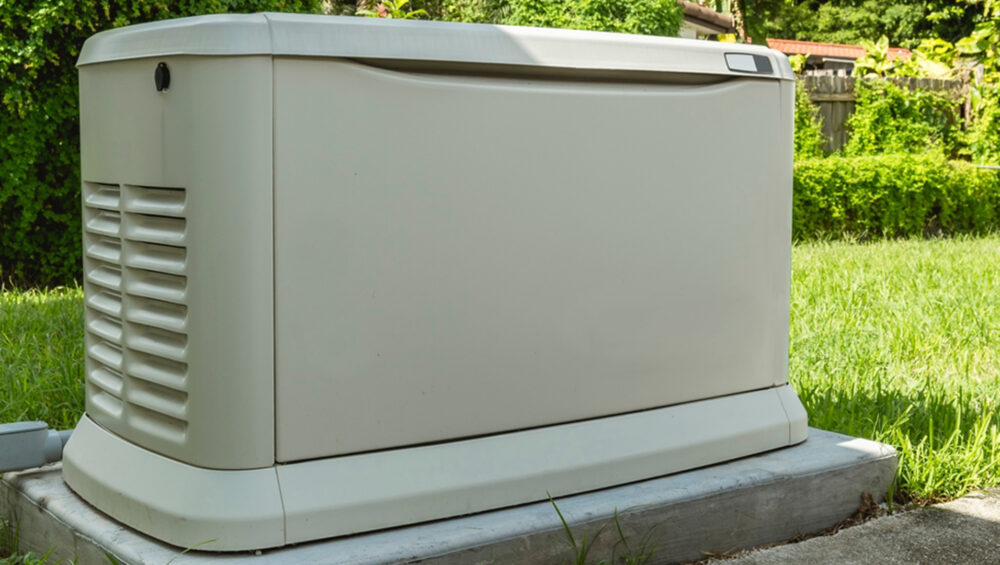
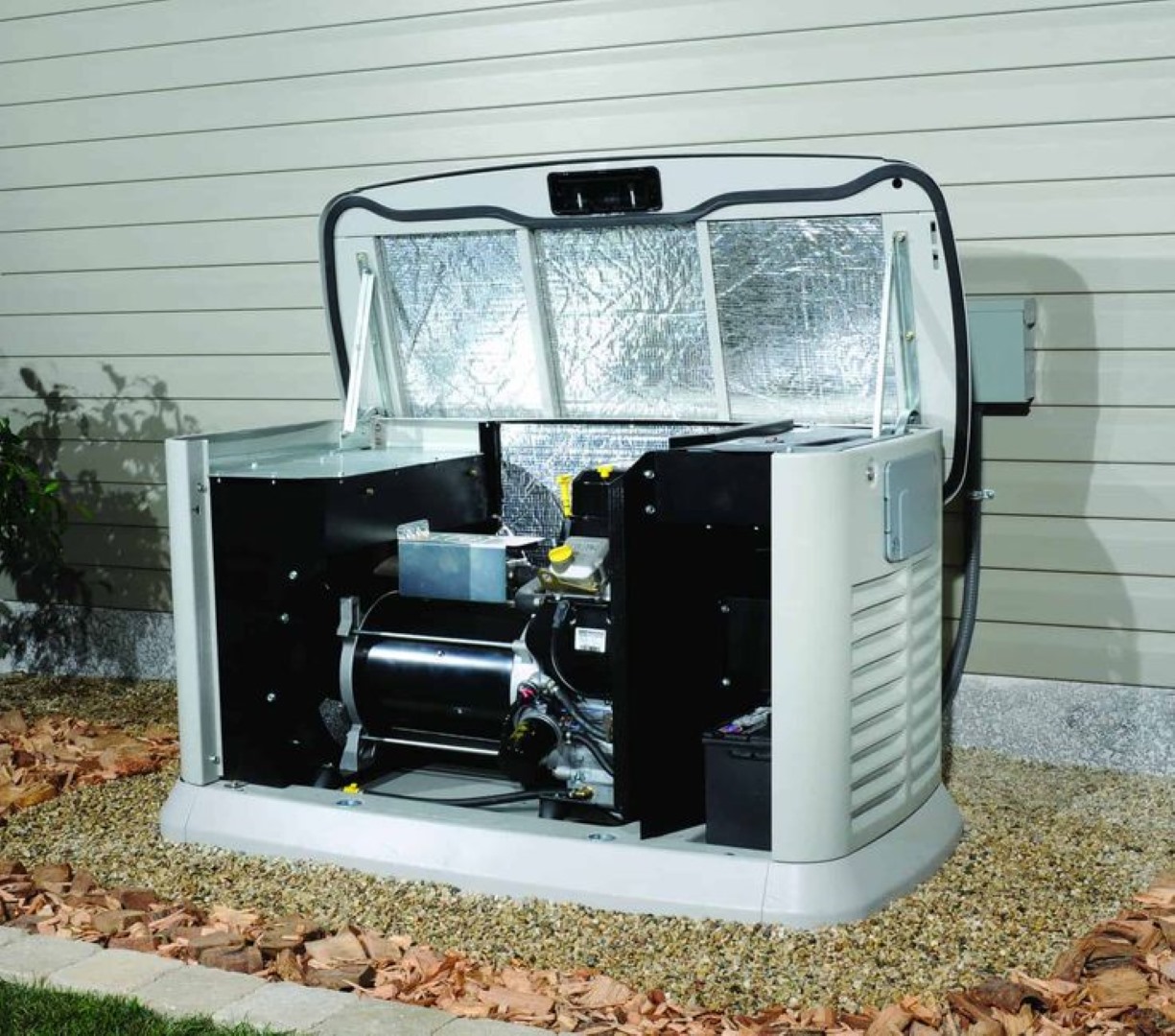 Reliable and Efficient Usage of Propane Generators
Reliable and Efficient Usage of Propane Generators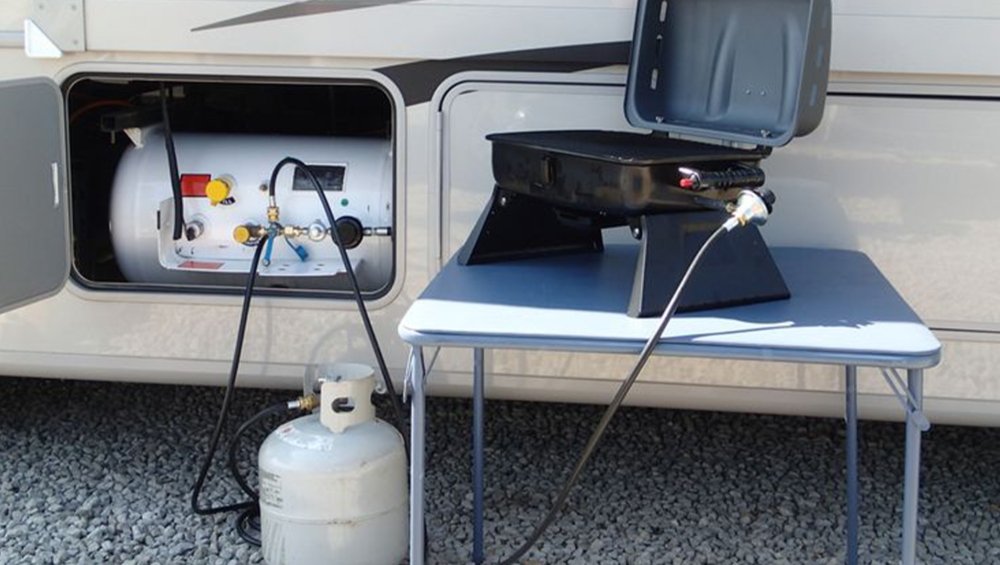
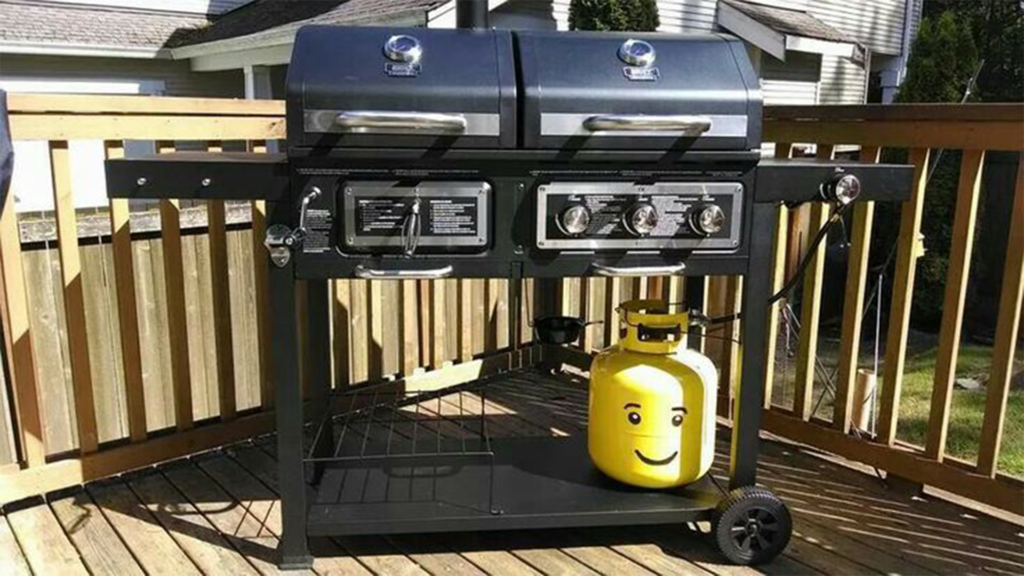
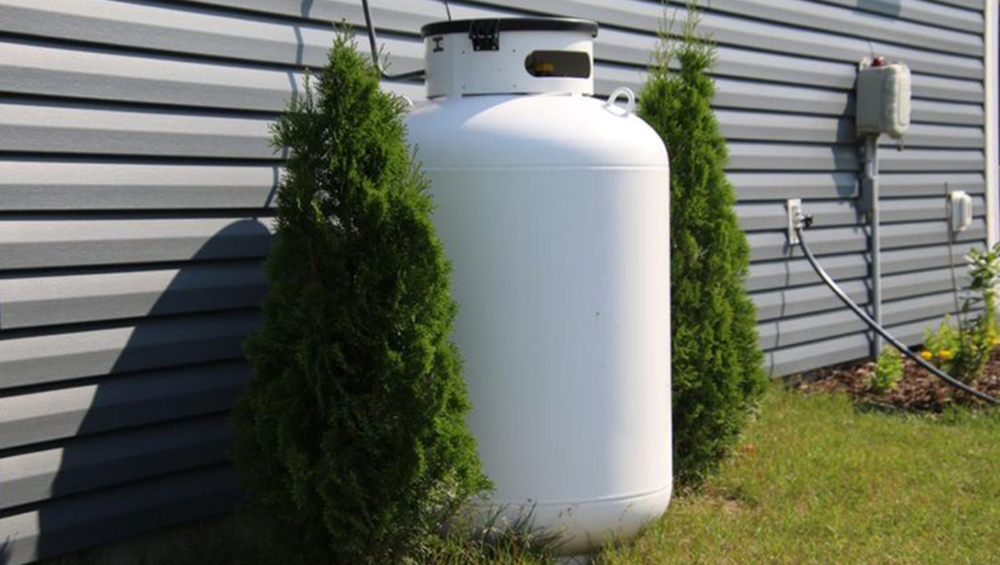

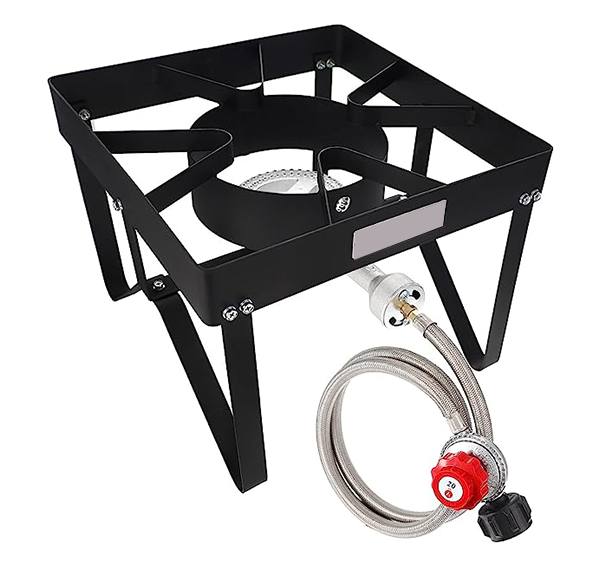
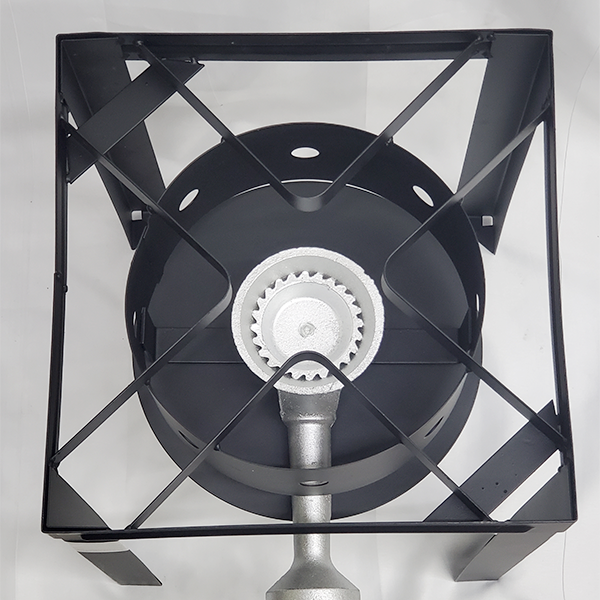

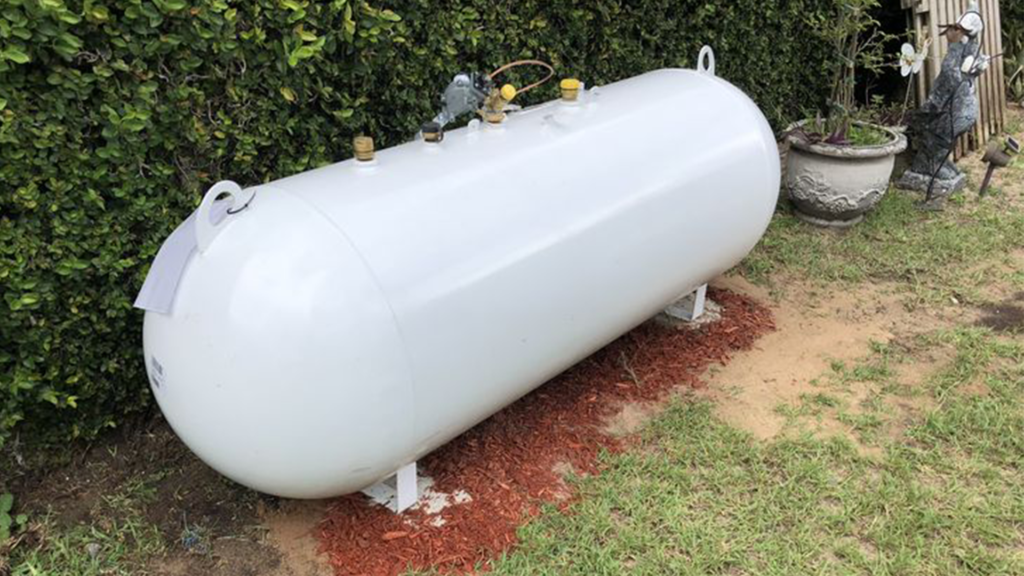
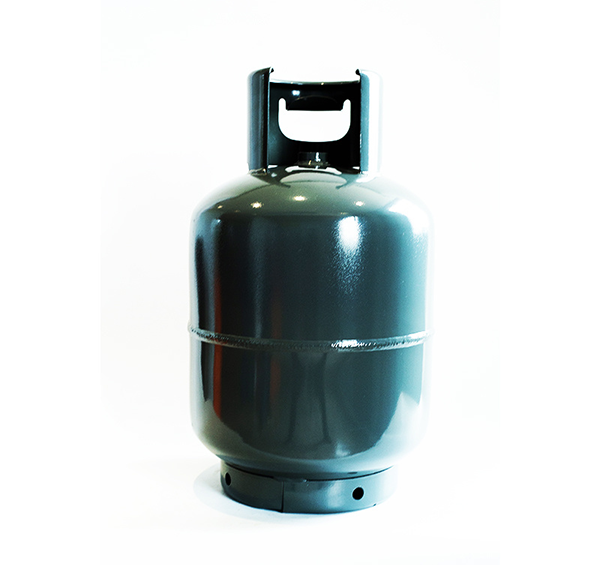

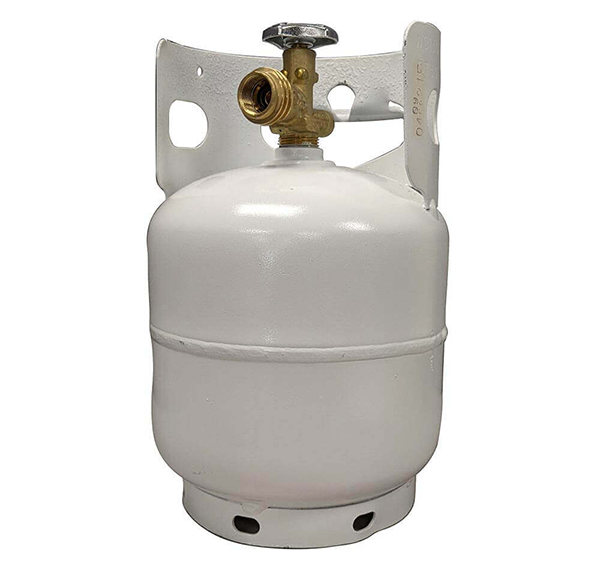
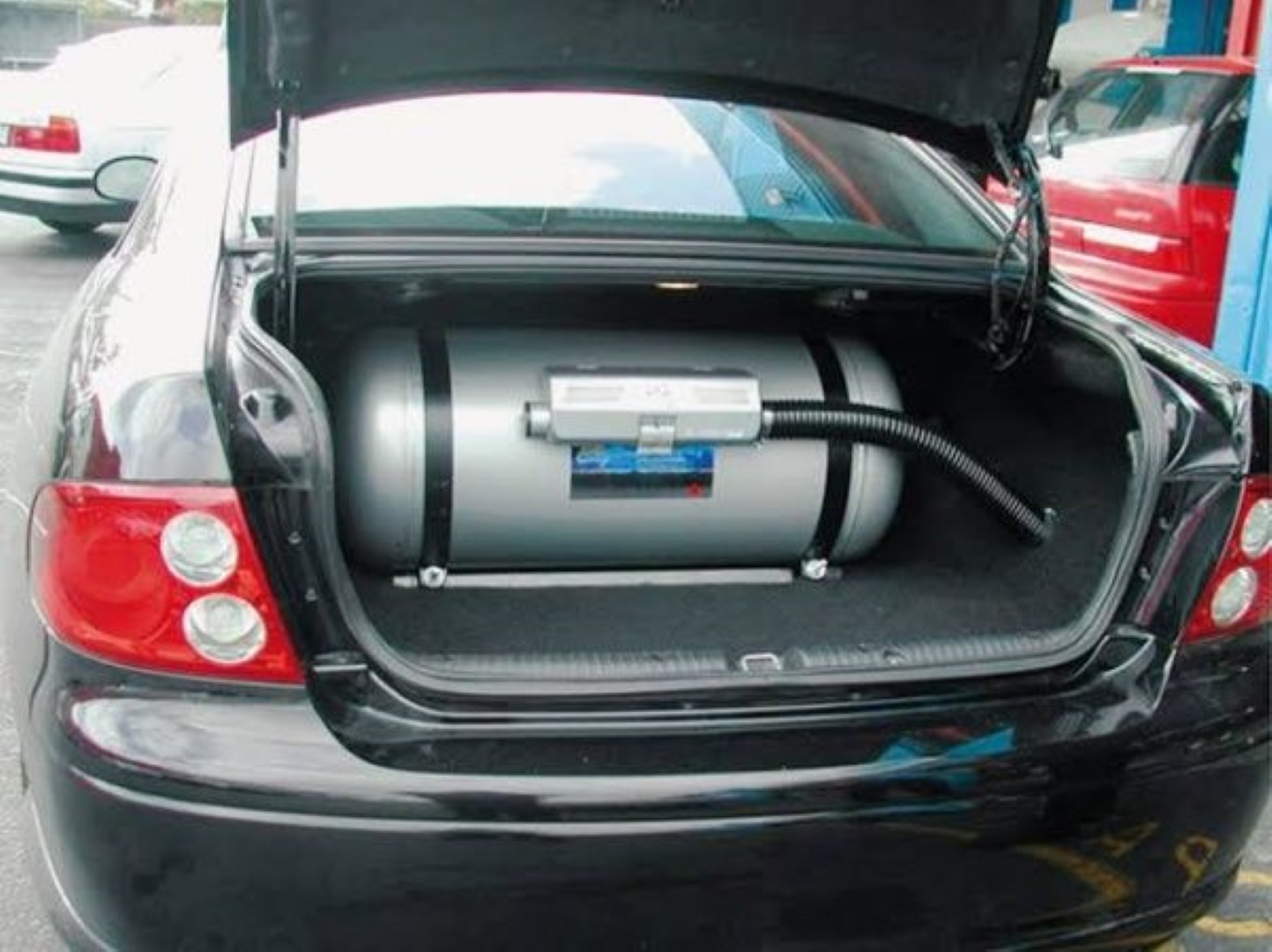 Advantages of Using Propane to Fuel Your Vehicle
Advantages of Using Propane to Fuel Your Vehicle


